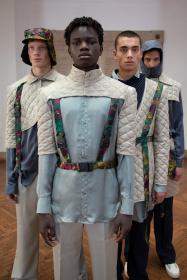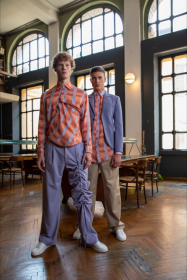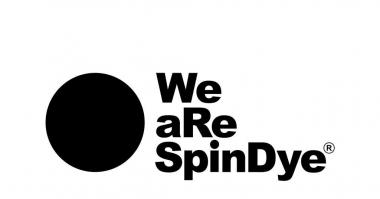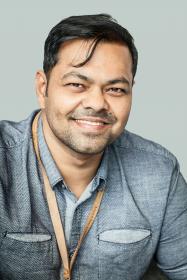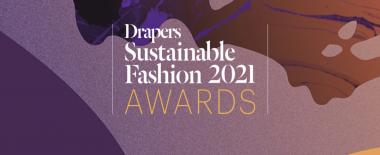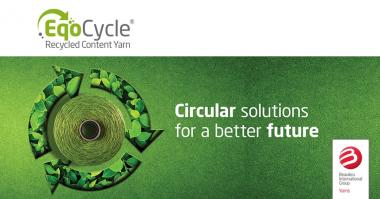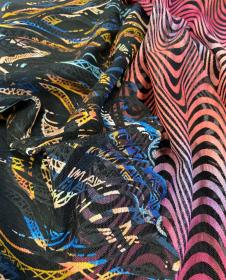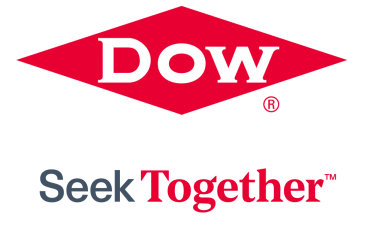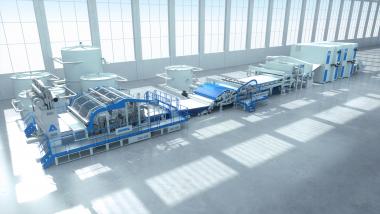SHIMA SEIKI to Participate in MIT Seminar for Students
Leading Japanese computerized knitting solutions provider SHIMA SEIKI MFG., LTD., is participating in the “MIT Media Lab Summer Camp in Japan” hosted by the Massachusetts Institute of Technology Media Lab of Cambridge, Massachusetts, U.S.A.
SHIMA SEIKI has been part of the MIT Media Lab as a Consortium Lab Member since 2018, collaborating on research for exploring next-generation technologies that open up new opportunities for the garment sector. The MIT Media Lab is now holding a series of online seminar sessions for middle/junior high school and high school students in Japan and around the world in order to share activities and experiences that address social issues through cross-sector and crossindustry collaboration.
SHIMA SEIKI is holding its own session as part of this series, titled “ZERo-WASTE FASHIon—Protecting the Planet from Fashion Loss.” The session highlights current issues faced by the fashion industry including environmental problems that have recently become the focus of attention, and aims to explain in simple terms, various sustainable solutions made possible by combining seam-free complete garment knitting technology with virtual sampling performed on design systems.
Shima Seiki Massachusetts Institute of Technology MIT knitting machines zero waste fashion Sustainability
SHIMA SEIKI MFG., LTD.







